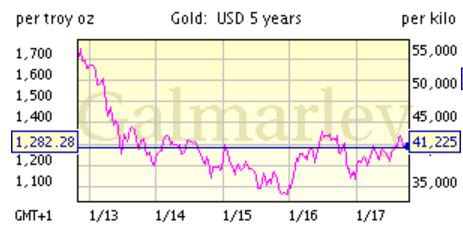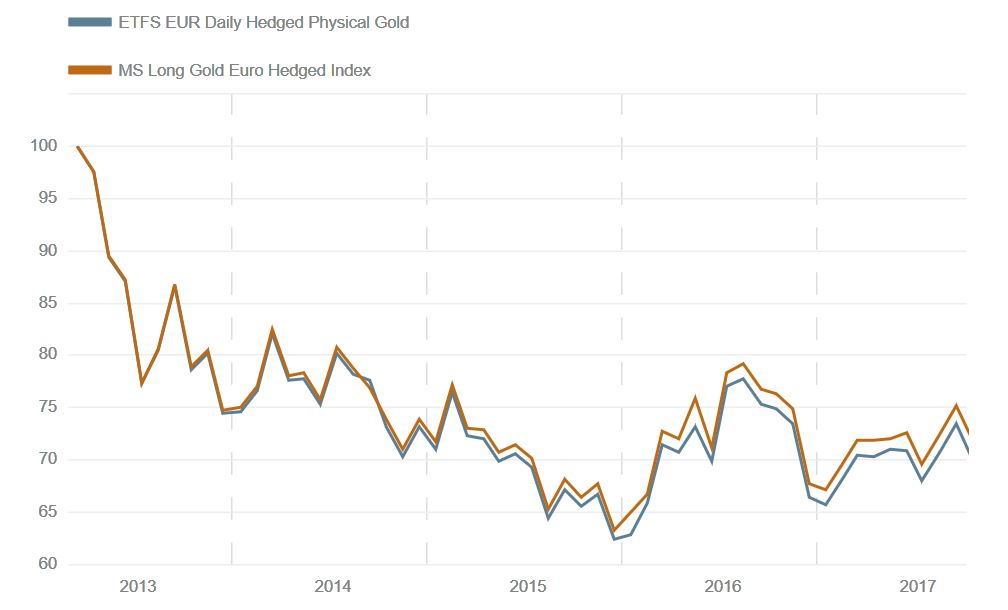I've come across a few ETFs that are currency hedged. At first, the "hedged" part in the name seems to imply that this is somehow a safer investment than an unhedged version.
However, take a look at this gold ETF: https://www.etfsecurities.com/retail/se/en-gb/products/product/etfs-eur-daily-hedged-physical-gold-gbse-xetra
The product enables EUR investors to gain exposure to the gold spot price with a daily currency hedge against movements in the EUR/USD exchange rate.
Consider what happens if the euro plummets versus the dollar one day (e.g. euro crisis redux): The price of gold in dollars would most likely go down (because a plummeting euro equals a stronger dollar), and since you are currency hedged with this ETF, the value of your investment in euros also goes down, exactly at the moment when you would want the gold investment to provide you a safe haven and to compensate the weaker euro.
Of course, in the opposite situation (dollar plummeting vs. the euro), you would reap massive profits with a hedged ETF. Hence, it seems to me that the name of this ETF should be currency "speculative" (not hedged) gold ETF. Do you agree with this?
Overall, since gold has value in any currency (and is sort of the ultimate reserve currency), why would anyone want to currency hedge it?



